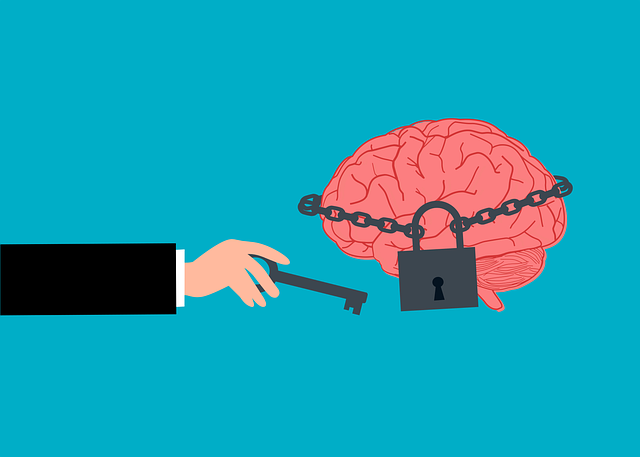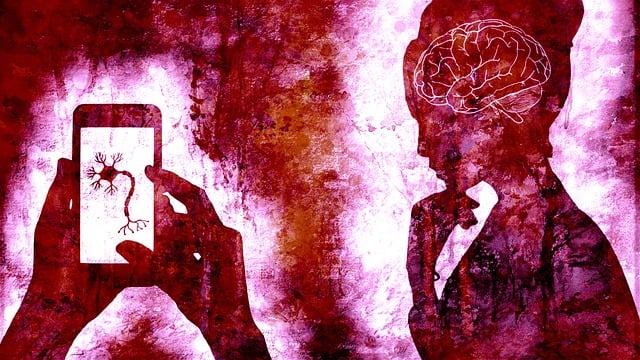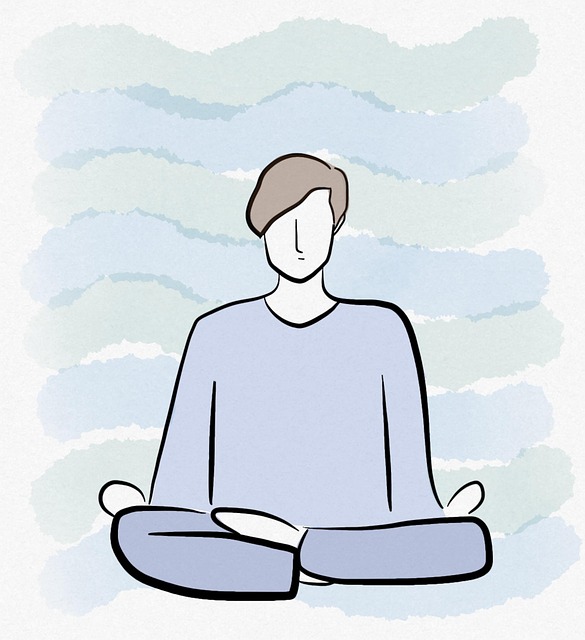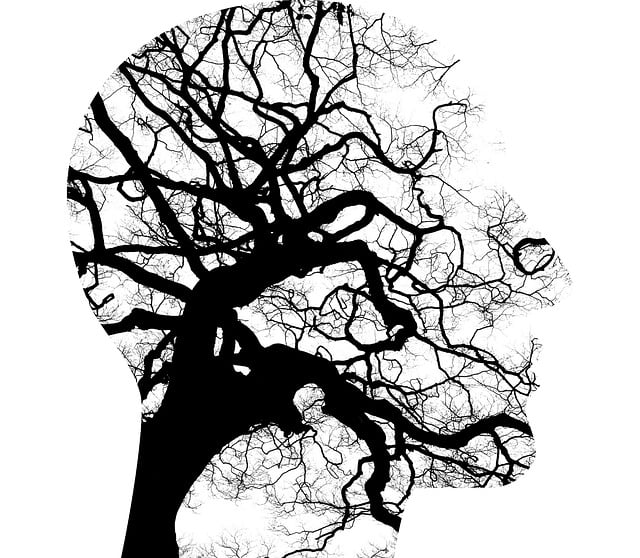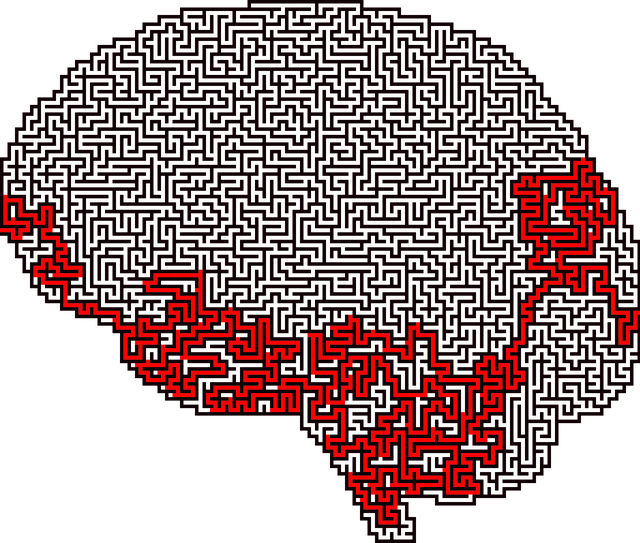Lone Tree Adolescent and Teen Therapy emphasizes the critical importance of mental health education during adolescence and early adulthood, addressing unique challenges like school pressures, social dynamics, and identity formation. Their programs focus on early intervention, teaching emotional regulation strategies such as mindfulness meditation to cope with stress. Cultural competency training is key to providing tailored services for diverse adolescents. Effective programs should include interactive formats, empowering teens with coping mechanisms, self-care techniques, and problem-solving skills through evidence-based practices like CBT and trauma-informed care. A safe, supportive learning environment, peer support, and confidential counseling foster emotional growth. Lone Tree uses quantitative and qualitative assessments to measure success and continuously improves its curriculum and therapeutic practices.
“In today’s fast-paced world, addressing adolescent and teen mental health has become paramount. The design of effective education programs plays a pivotal role in fostering resilience and well-being among this vulnerable demographic. This article explores the essential components of creating robust mental health education for Lone Tree’s adolescents and teens.
We’ll delve into understanding the unique needs of this age group, uncovering key program design elements, integrating evidence-based practices, and establishing supportive learning environments. Additionally, we’ll discuss strategies to measure success and ensure continuous improvement in Lone Tree Therapy sessions.”
- Understanding the Need for Mental Health Education in Adolescents and Teens
- Key Components of an Effective Program Design
- Incorporating Evidence-Based Practices into Lone Tree Therapy Sessions
- Creating a Safe and Supportive Learning Environment
- Measuring Success and Continuous Improvement Strategies for Teen Mental Health Programs
Understanding the Need for Mental Health Education in Adolescents and Teens

Adolescence and early adulthood are critical periods for mental health development. As young people navigate through school, social dynamics, and personal identities, they often face unique challenges that can impact their emotional well-being. The need for comprehensive mental health education during these formative years is evident, as it equips adolescents with the knowledge and skills to recognize and manage their mental health effectively. Many issues arising in adolescence, if left unaddressed, can have long-lasting effects into adulthood, making early intervention crucial.
Lone Tree Adolescent and Teen Therapy highlights the growing recognition of mental health as a vital component of overall wellness. With increasing rates of anxiety, depression, and other mental health disorders among teens, there is a pressing need for education that goes beyond awareness campaigns. Programs should focus on teaching emotional regulation strategies, such as mindfulness meditation, to help young people cope with stress and difficult emotions. Additionally, cultural competency training for healthcare providers is essential to ensure that services are accessible and tailored to the diverse needs of adolescents from various backgrounds.
Key Components of an Effective Program Design

An effective mental health education program design for adolescents and teens should incorporate several key components to ensure its success. Firstly, Lone Tree Adolescent and Teen Therapy programs must be tailored to the specific age group, addressing their unique challenges and developmental stages. Engaging and interactive formats, such as workshops, small group discussions, and multimedia resources, can enhance learning and make complex mental health concepts more accessible.
Secondly, integrating Mental Wellness Coaching Programs Development strategies is vital. These programs empower teenagers with coping mechanisms, self-care techniques, and problem-solving skills to manage stress and improve their overall mental wellness. Incorporating stress management techniques, mindfulness exercises, and emotional awareness activities can help adolescents develop resilience and navigate life’s challenges more effectively. By fostering a supportive environment and providing practical tools, Lone Tree Adolescent and Teen Therapy initiatives can significantly contribute to the holistic development and mental health of young individuals.
Incorporating Evidence-Based Practices into Lone Tree Therapy Sessions

Incorporating evidence-based practices into Lone Tree adolescent and teen therapy sessions is a key aspect of an effective mental health education program design. By integrating strategies backed by scientific research, therapists can deliver more targeted and impactful care. One such practice is cognitive behavioral therapy (CBT), which has shown promise in treating depression prevention among teenagers. CBT equips young individuals with tools to identify and challenge negative thought patterns, thereby improving their emotional well-being.
Lone Tree Therapy Sessions can also benefit from trauma-informed care approaches, addressing the unique needs of adolescents who have experienced traumatic events. This involves creating a safe and supportive environment, recognizing the impact of trauma on mental health, and integrating evidence-based techniques to help clients process and heal from past traumas. Incorporating these practices ensures that the therapy sessions are not only effective but also culturally competent, aligning with the growing demand for healthcare provider cultural competency training in mental health care.
Creating a Safe and Supportive Learning Environment

Creating a safe and supportive learning environment is paramount when designing mental health education programs, especially for adolescents and teens. At Lone Tree Adolescent and Teen Therapy, we understand that fostering an inclusive atmosphere encourages open discussions about mental well-being. This involves ensuring students feel comfortable sharing their experiences without fear of judgment or stigma. Teachers and facilitators play a crucial role in modeling empathy and active listening, promoting a culture where emotions are validated.
By implementing strategies such as peer support groups, confidential counseling services (like those offered by Lone Tree), and integrating trauma-informed practices, the learning space becomes a sanctuary for emotional growth. Encouraging self-care practices and mood management techniques can also be woven into the curriculum, empowering students to take charge of their mental health. Such an environment not only supports immediate needs but also lays the foundation for long-term resilience and healthy coping mechanisms.
Measuring Success and Continuous Improvement Strategies for Teen Mental Health Programs

Measuring success and implementing continuous improvement strategies are vital components for any mental health education program, particularly those designed for teenagers. At Lone Tree Adolescent and Teen Therapy, we recognize that evaluating the effectiveness of our programs is key to fostering positive outcomes and ensuring long-lasting mental wellness. A comprehensive assessment approach should include both quantitative and qualitative methods to gauge the impact on young individuals’ lives. This can involve pre-and post-program surveys, interviews with participants and their guardians, and regular feedback sessions. By collecting such data, we can identify areas of strength and weakness within our curriculum and therapeutic practices.
To enhance continuous improvement, Lone Tree Adolescent and Teen Therapy advocates for a multi-faceted strategy. This includes incorporating Cultural Sensitivity in Mental Healthcare Practice to cater to diverse populations, engaging in Burnout Prevention initiatives to support the well-being of our therapists, and regularly reviewing research and evidence-based practices to stay updated with the latest advancements in teen mental health coaching programs development. Through these measures, we strive to optimize our programs, ensuring that each teenager receives tailored support for their unique needs.
Mental health education programs, such as those offered by Lone Tree Adolescent and Teen Therapy, play a pivotal role in fostering resilience and well-being among young individuals. By incorporating evidence-based practices into sessions and creating safe learning environments, these programs can significantly impact teens’ mental health. Measuring success through continuous improvement strategies ensures that the needs of each adolescent are met effectively. With a comprehensive design focusing on key components, Lone Tree Therapy Sessions strive to empower teens with the knowledge and skills necessary for navigating their emotional journeys.

